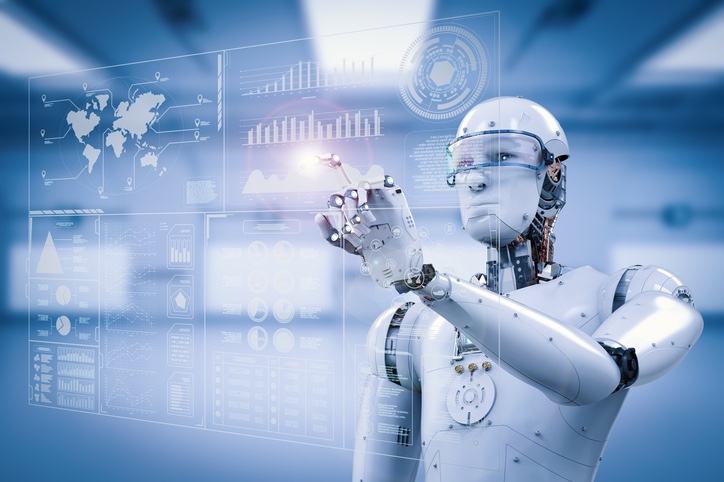
Artificial intelligence (AI) is a rapidly growing field that has the potential to revolutionize many aspects of our lives. It is already being used in a variety of fields, including healthcare, finance, and customer service, and its potential applications are nearly limitless. In this article, we will explore some of the reasons why AI is the future and how it is likely to shape the world in the coming years.
One of the primary reasons why AI is the future is that it can process and analyze vast amounts of data much faster than humans can. This allows it to make decisions and predictions that are far more accurate and reliable than those made by humans. For example, AI algorithms can analyze medical records and identify patterns and trends that would be difficult for a human to discern. This can help doctors make more accurate diagnoses and treatment recommendations. Similarly, AI can analyze financial data and make investment recommendations that are based on a more complete and accurate understanding of market trends than a human investor could possibly achieve.
Another reason why AI is the future is that it can perform tasks that are too dangerous or tedious for humans to do. For example, AI can be used to inspect and maintain hazardous machinery, such as nuclear power plants or oil rigs. It can also be used to explore hazardous environments, such as the bottom of the ocean or the surface of other planets, without putting human lives at risk.
AI is also likely to play a major role in the development of new technologies in the future. For example, it can be used to design new materials and products, such as lightweight, high-strength materials for aircraft or more efficient solar panels. It can also be used to develop new drugs and medical treatments, by analyzing vast amounts of data about the human body and identifying potential therapies that might not have been discovered through traditional research methods.
Finally, AI has the potential to transform many industries by automating tasks that are currently performed by humans. This could lead to increased efficiency and productivity, as well as lower costs for businesses. However, it could also lead to job displacement in certain sectors, as machines take over tasks that were previously done by humans. This will likely require a significant shift in the way we think about work and the role of humans in the economy, and will require careful planning and policy changes to ensure that the benefits of AI are shared fairly.
In conclusion, AI is the future because it has the potential to revolutionize many aspects of our lives, from healthcare and finance to the development of new technologies and the automation of tasks. While it will likely bring many benefits, it will also raise significant challenges that will need to be addressed in order to ensure that its benefits are shared fairly.



